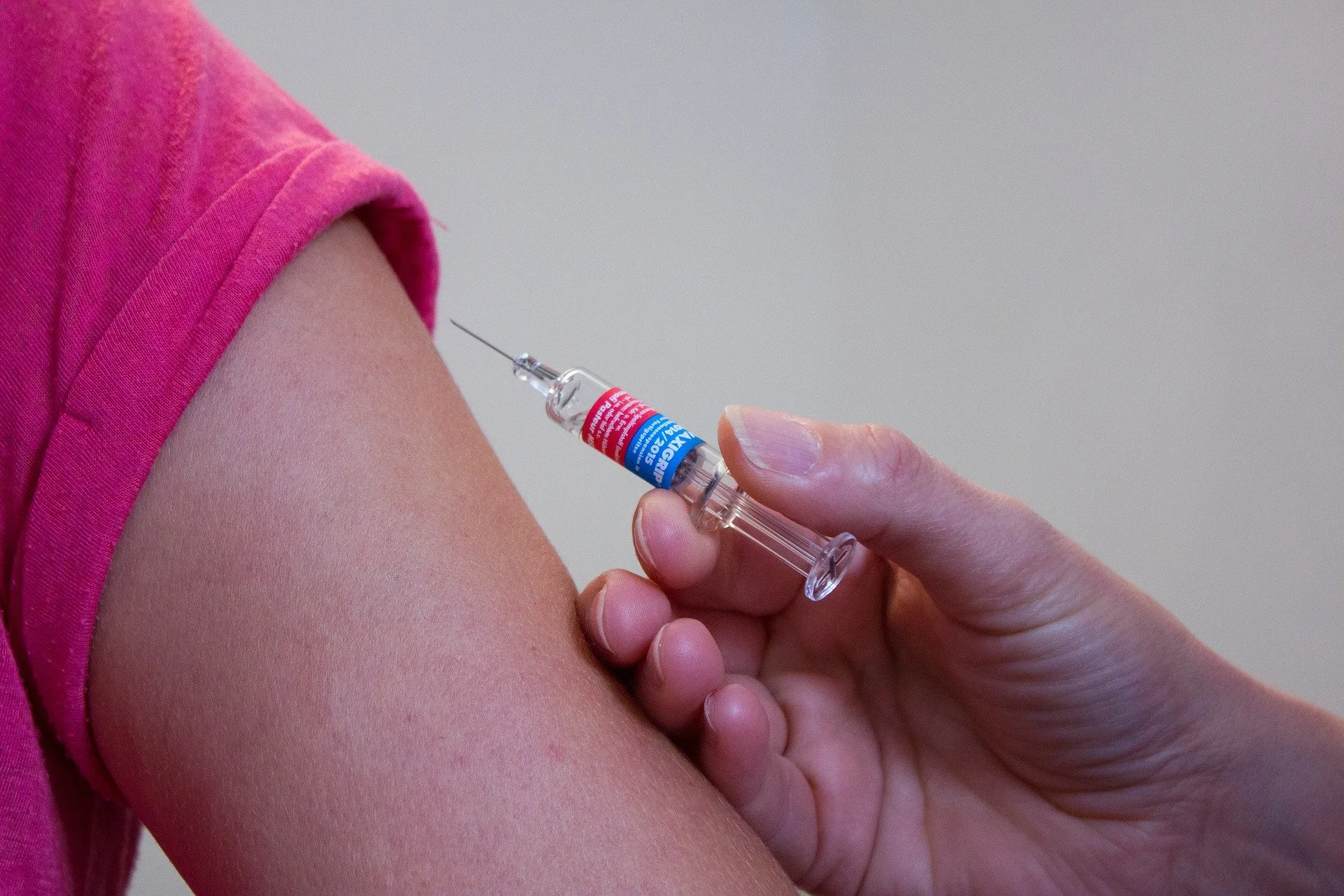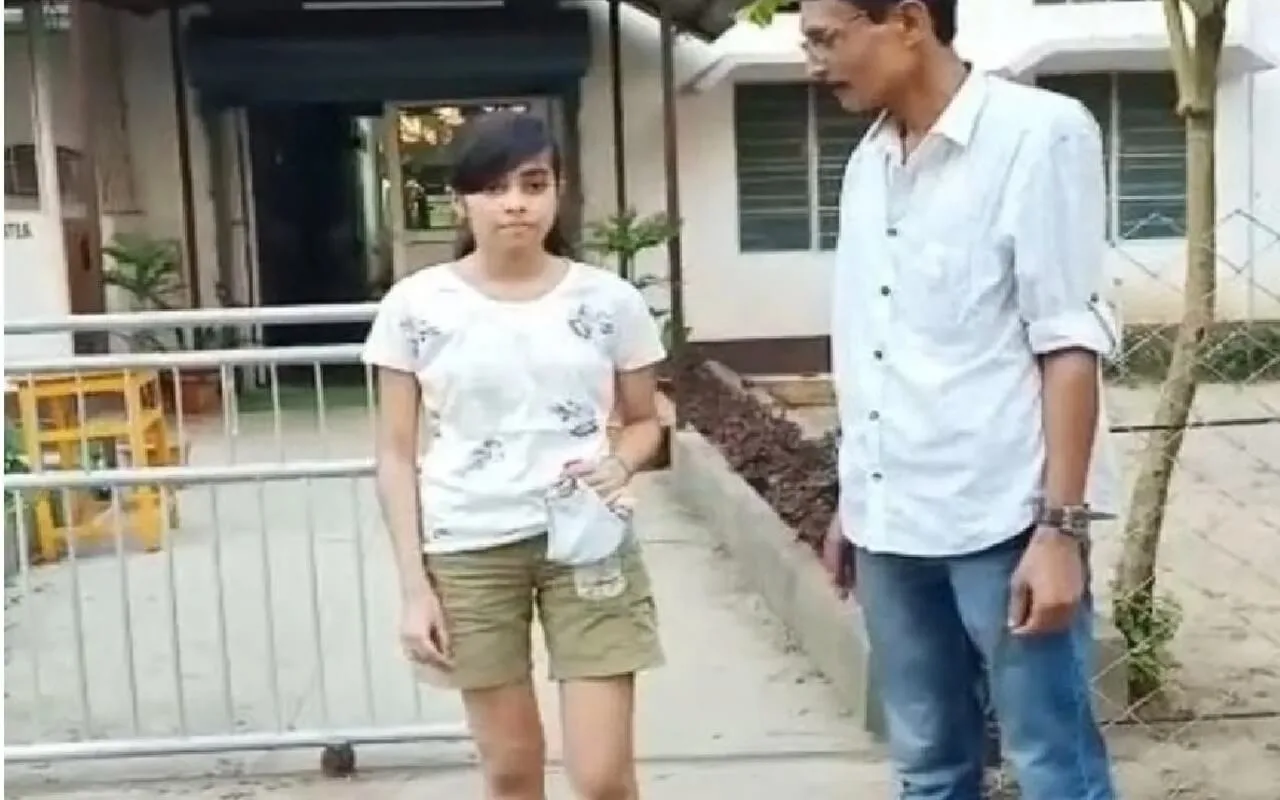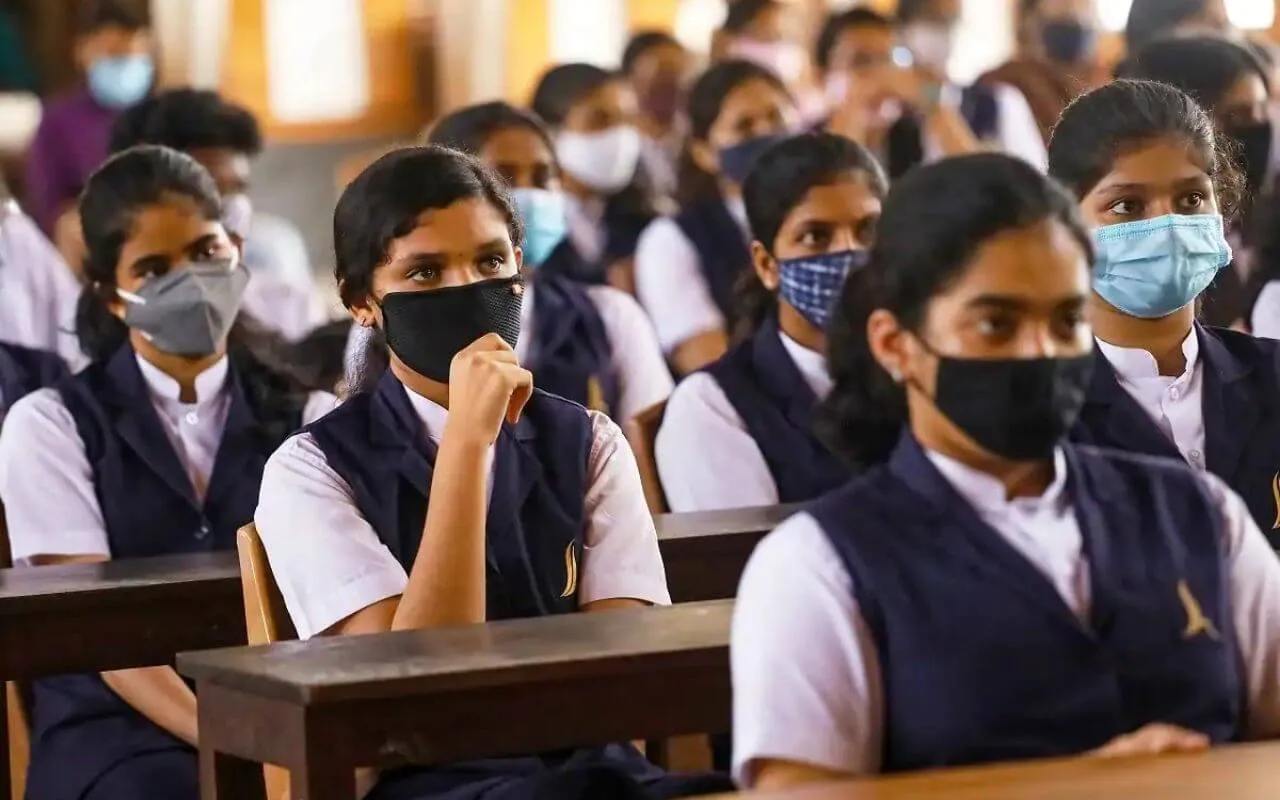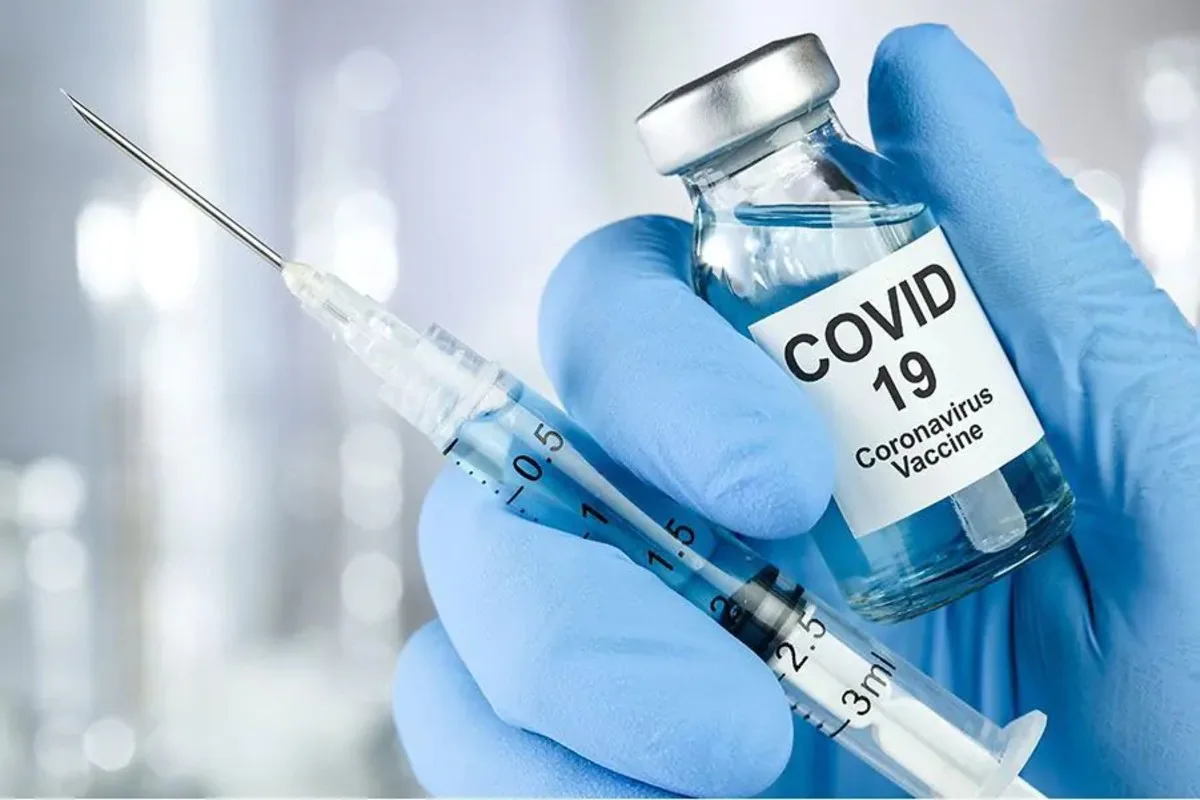A five-month-old baby girl in the UK seems like ‘turning into stone’ after being diagnosed with an incurable and extremely rare genetic condition that affects just one in two million people. Lexi Robbins, born on January 31, was soon discovered to have bigger toes and that her thumbs could not make any movement.
On being taken to the doctor by her concerned parents, it was revealed that Lexi was diagnosed with an extremely life-limiting disease called Fibrodysplasia Ossificans Progressiva (FOP). The FOP can lead to bone formation outside the skeleton and can restrict movement of the body. It is also believed to replace muscles and connective tissues, such as tendons and ligaments, with bone. Thus, it is generally perceived that the condition turns a body into stone.
Lexi seemed to be a healthy child at birth, but when her parents Alex and Dave Robins noticed an issue with her big toes, it eventually led to the discovery that she was suffering with fibrodysplasia ossificans progressiva (FOP).
It means that if Lexi’s body receives even a minor trauma – something as simple as falling over – her condition will worsen rapidly.
The condition often leads to sufferers being bedridden by the age of 20, while life expectancy is around 40. This condition would mean that she can’t have any kind of injections, vaccinations or dental work, and she also won’t be able to have children.
The cause of the condition is still unknown and scientists working on the cure are solely funded by the FOPFriends Charity, which receives no funding from the government. The parents have taken to social media to share her experience, and have received over £31,000 in donations in just three days.
“We were initially told, after the x-rays, she probably had a syndrome and wouldn’t walk. We just didn’t believe that because she’s so strong physically at the moment and she’s just kicking her legs,” Lexi’s mother Alex told HertsLive. The infant’s X-rays in April had suggested that she had bunions on her feet and her thumbs were double-jointed.
“We weren’t quite sure so we did our own research in mid-May and then we found this disease and we took it to the specialist. Towards the end of May, we had to go for a genetic test, further X-rays, but the genetic test takes six weeks for the results,” her mother said.
“We’re under the specialist of a top pediatrician in the UK and he said in his 30-year career he’s never seen a case like this, that’s how rare it is,” dad Dave said.
“She’s absolutely brilliant. She sleeps through the night, she smiles and laughs constantly, hardly ever cries. That’s the way we want to keep her,” her mother says.
The fact that this disease has no cure as of now makes it even more heartbreaking for Lexi’s parents. Scientists are working on the cure, solely funded by the FOPFriends Charity, Alex and Dave have received immense support from other parents who have children with FOP.
“There’s a great community of other parents that have [children with] FOP and one of the parents started up this charity called FOPFriends, and everything that they make they donate to the research to try and hurry up,” said Alex.
Alex has also taken to her social media handles to share her experience, as well as some of the signs parents can look out for.
They’ve been bowled over after receiving over £31,000 in donations in just three days, as well as half a million views on the fundraising page since June 27, as the couple attempt to help get the medicine on the market quickly and prolong Lexi’s life.
“It means absolutely everything,” said Alex, who has set a target of £100,000 and they have had almost national interest in terms of people messaging and wanting to do stuff all over the country and give Lexi a life.
“The gene that they look for is the ACR1 gene, and that, unfortunately, is the gene that she has”, Alex told
“They suspect within the next 2-3 years medicine will hopefully hit the market to help prevent and eventually cure the disease. Of course, as with any clinical trials they need money to help the research and pay for the expert’s time.














